Scientific Methods
Most popular
 Status: PreviewPreviewY
Status: PreviewPreviewYYale University
Course
 Status: PreviewPreviewS
Status: PreviewPreviewSStanford University
Course
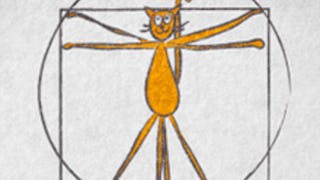 Status: Free TrialFree TrialU
Status: Free TrialFree TrialUUniversity of Amsterdam
Specialization
 Status: Free TrialFree TrialD
Status: Free TrialFree TrialDDuke University
Specialization
Trending now
 Status: PreviewPreviewY
Status: PreviewPreviewYYale University
Course
 Status: Free TrialFree TrialU
Status: Free TrialFree TrialUUniversity of Amsterdam
Specialization
 Status: Free TrialFree TrialD
Status: Free TrialFree TrialDDuke University
Specialization
 Status: PreviewPreviewS
Status: PreviewPreviewSStanford University
Course
New releases
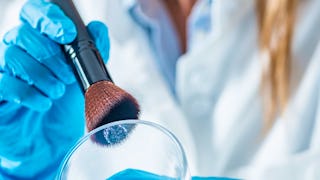 Status: PreviewPreviewU
Status: PreviewPreviewUUniversity of Cambridge
Course
 Status: Free TrialFree TrialJ
Status: Free TrialFree TrialJJohns Hopkins University
Specialization
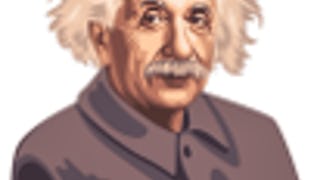 Status: PreviewPreviewT
Status: PreviewPreviewTThe Hong Kong University of Science and Technology
Course
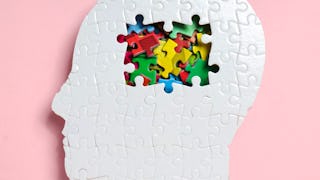 Status: Free TrialFree TrialU
Status: Free TrialFree TrialUUniversity of Cambridge
Course
Filter by
SubjectRequired *
LanguageRequired *
The language used throughout the course, in both instruction and assessments.
Learning ProductRequired *
LevelRequired *
DurationRequired *
SubtitlesRequired *
EducatorRequired *
Results for "scientific methods"
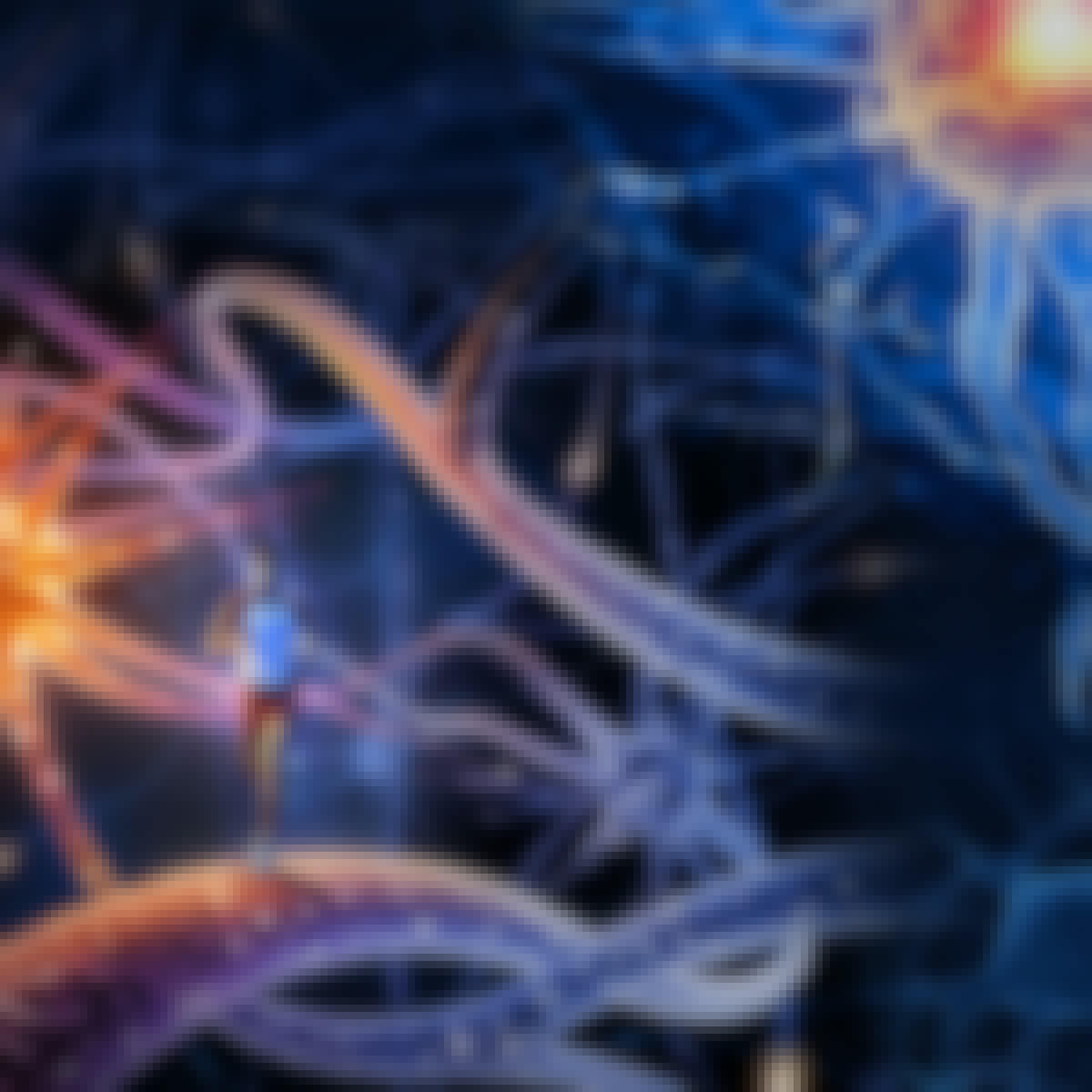 Status: PreviewPreviewP
Status: PreviewPreviewPPeking University
Skills you'll gain: Electrophysiology, Neurology, Anatomy, Cell Biology, Molecular Biology, Physiology, Biology, Laboratory Techniques, Scientific Methods, Research
4.1·Rating, 4.1 out of 5 stars637 reviewsIntermediate · Course · 1 - 3 Months
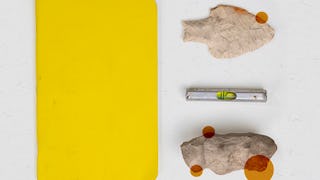 Status: Free TrialFree TrialR
Status: Free TrialFree TrialRRice University
Skills you'll gain: Timelines, Ancient History, Scientific Methods, World History, Anthropology, General Science and Research, Environment, Spatial Analysis, Research, Culture, Geospatial Information and Technology, Data Collection, Biology
Beginner · Course · 1 - 3 Months
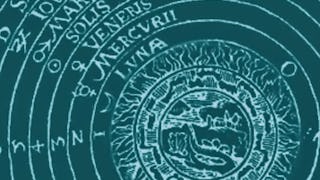 Status: Free TrialFree TrialD
Status: Free TrialFree TrialDDartmouth College
Skills you'll gain: Scientific Methods, General Science and Research, Physics, Physical Science, Experimentation, Ancient History, Vibrations, Mechanics, World History, European History, Deductive Reasoning, Applied Mathematics
4.9·Rating, 4.9 out of 5 stars24 reviewsBeginner · Course · 1 - 4 Weeks
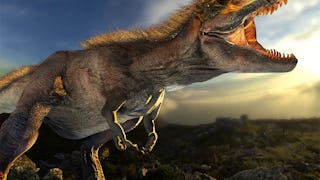 Status: PreviewPreviewA
Status: PreviewPreviewAAmerican Museum of Natural History
Skills you'll gain: Life Sciences, Biology, Environment, Taxonomy, Laboratory Research, Science and Research, Scientific Methods, Estimation, Research, Research Methodologies, Medical Imaging, Environmental Science
4.8·Rating, 4.8 out of 5 stars64 reviewsBeginner · Course · 1 - 3 Months
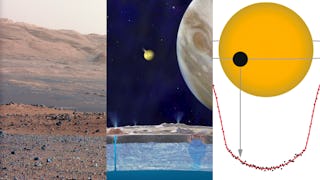 Status: PreviewPreviewC
Status: PreviewPreviewCCaltech
Skills you'll gain: Science and Research, Research, Physical Science, Scientific Methods, Life Sciences, Environmental Science, Physics, Water Resources, Advanced Mathematics, Chemistry, Environment, Biology
4.8·Rating, 4.8 out of 5 stars809 reviewsMixed · Course · 1 - 3 Months
 Status: Free TrialFree TrialU
Status: Free TrialFree TrialUUniversity of California, Davis
Skills you'll gain: Social Network Analysis, Social Sciences, Network Analysis, Data Science, Machine Learning, Computational Thinking, Artificial Intelligence, Data Analysis, Simulations, Big Data, Scientific Methods
4.7·Rating, 4.7 out of 5 stars348 reviewsBeginner · Course · 1 - 4 Weeks
 Status: Free TrialFree TrialU
Status: Free TrialFree TrialUUniversity of California, Davis
Skills you'll gain: Scientific Methods, Systems Of Measurement, Experimentation, Statistical Analysis, Quantitative Research, Human Factors, Psychology, Research Methodologies, Neurology, Product Testing, Physiology
4·Rating, 4 out of 5 stars8 reviewsBeginner · Course · 1 - 4 Weeks
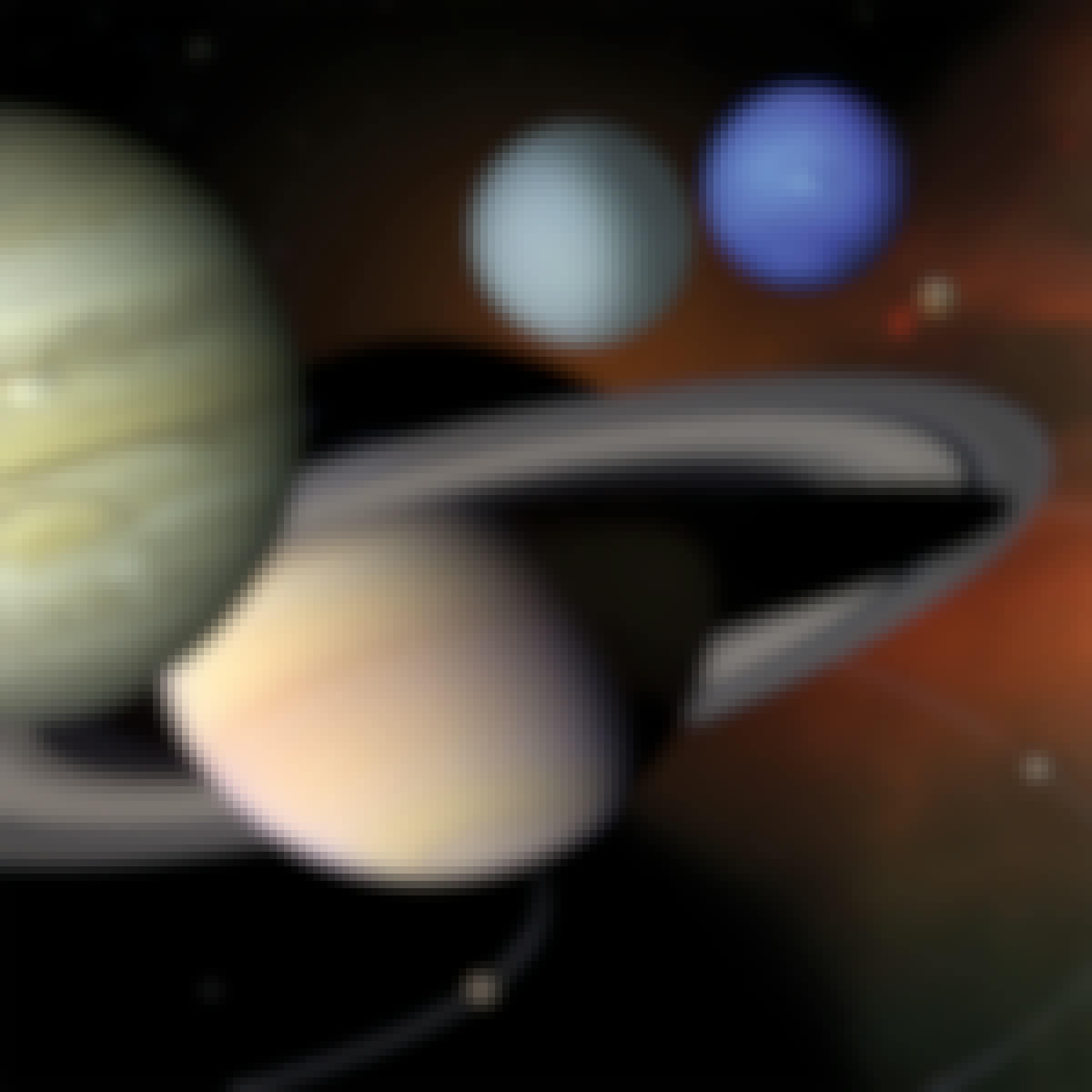 Status: NewNewStatus: PreviewPreviewA
Status: NewNewStatus: PreviewPreviewAAmerican Museum of Natural History
Skills you'll gain: Scientific Visualization, Environment, Physics, General Science and Research, Taxonomy, Scientific Methods, Biology, Chemistry
Beginner · Course · 1 - 3 Months
- Status: PreviewPreviewS
Sapienza University of Rome
Skills you'll gain: Ancient History, Public History, Political Sciences, Art History, European History, World History, Research, Investigation, Social Sciences, Culture, Governance, Scientific Methods, Data Collection, Storytelling
4.4·Rating, 4.4 out of 5 stars322 reviewsBeginner · Course · 1 - 3 Months
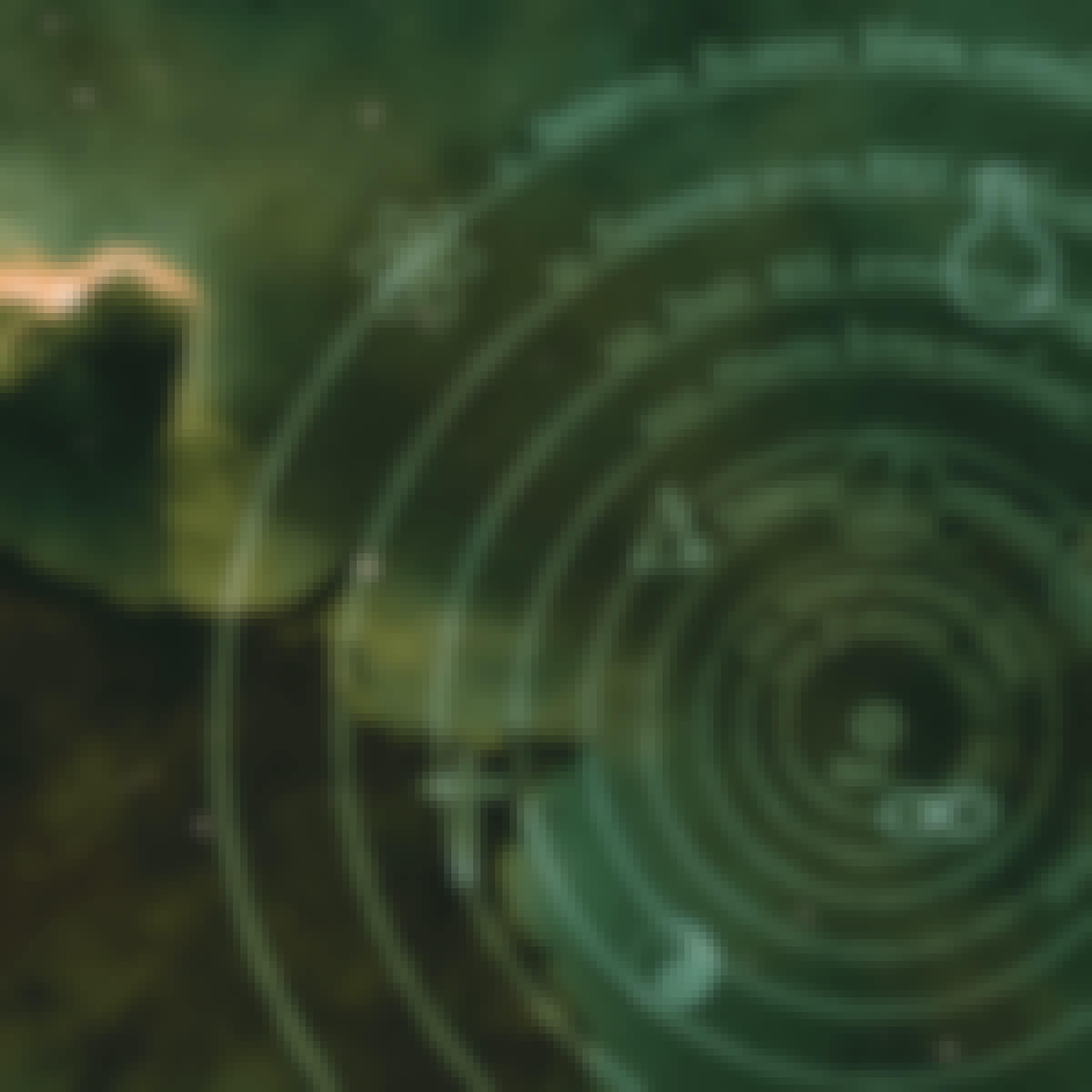 Status: PreviewPreviewT
Status: PreviewPreviewTThe University of Edinburgh
Skills you'll gain: Research, Scientific Methods, Science and Research, Biology, Systems Thinking, Anthropology, Cultural Diversity
4.5·Rating, 4.5 out of 5 stars1.1K reviewsBeginner · Course · 1 - 3 Months
 Status: PreviewPreviewT
Status: PreviewPreviewTThe University of Edinburgh
Skills you'll gain: Biology, Life Sciences, Environment, Environmental Science, Biochemistry, Microbiology, Research, Physical Science, Scientific Methods, Chemistry
4.8·Rating, 4.8 out of 5 stars2.7K reviewsMixed · Course · 1 - 3 Months
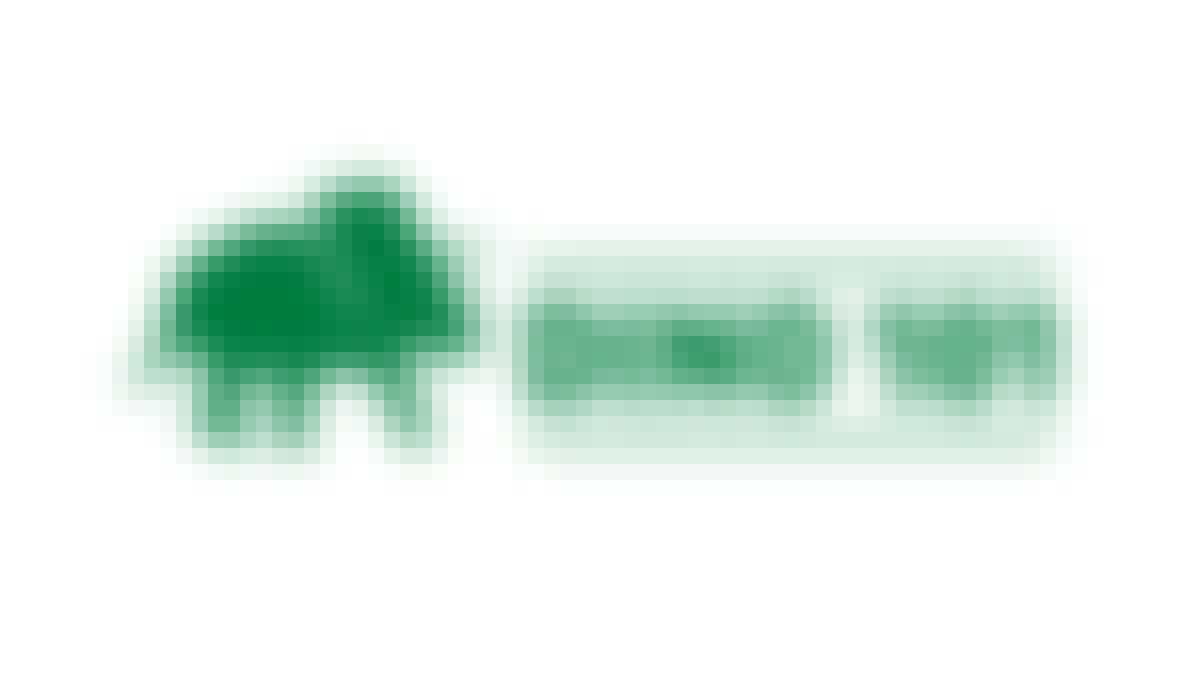 Status: FreeFreeU
Status: FreeFreeUUniversity of Alberta
Skills you'll gain: Biology, Physical Science, Life Sciences, Taxonomy, Scientific Methods, Science and Research, Environmental Science, Spatial Data Analysis
4.9·Rating, 4.9 out of 5 stars3.7K reviewsBeginner · Course · 1 - 3 Months








